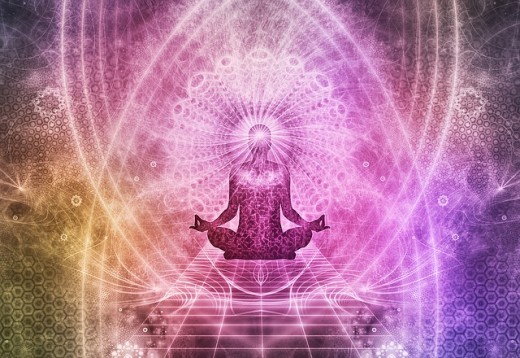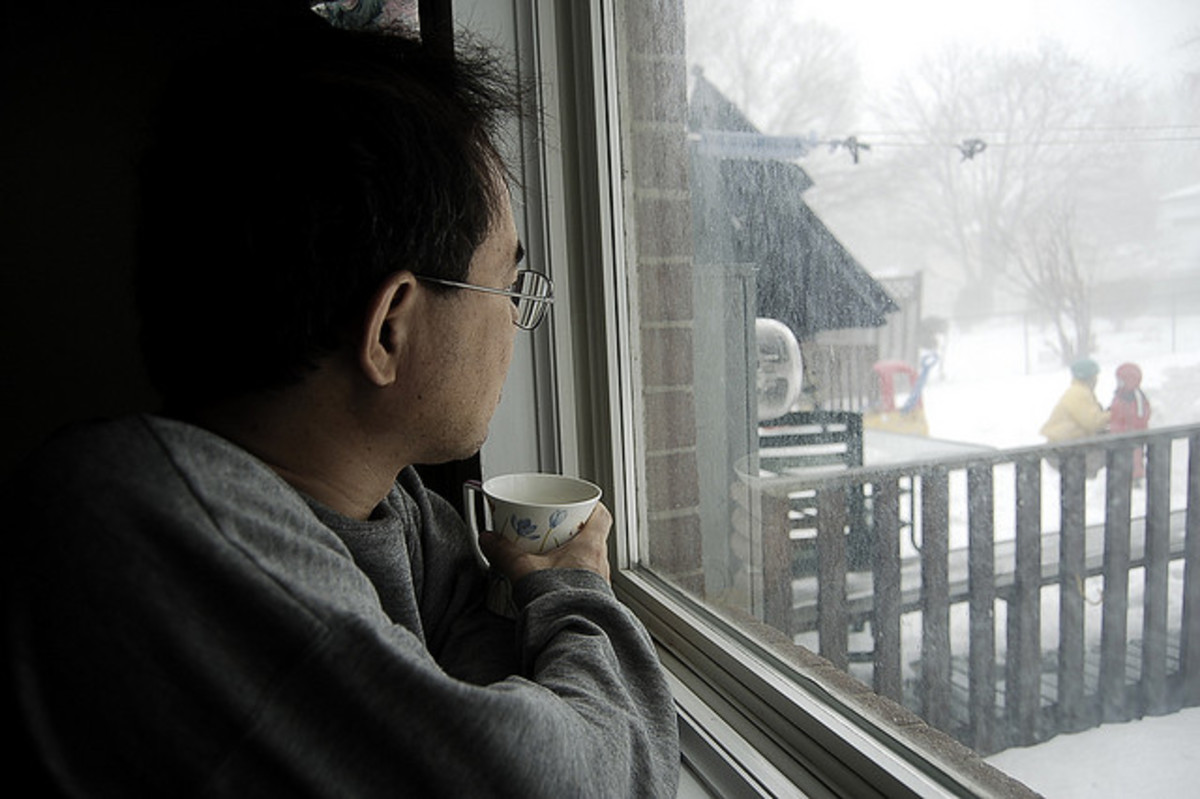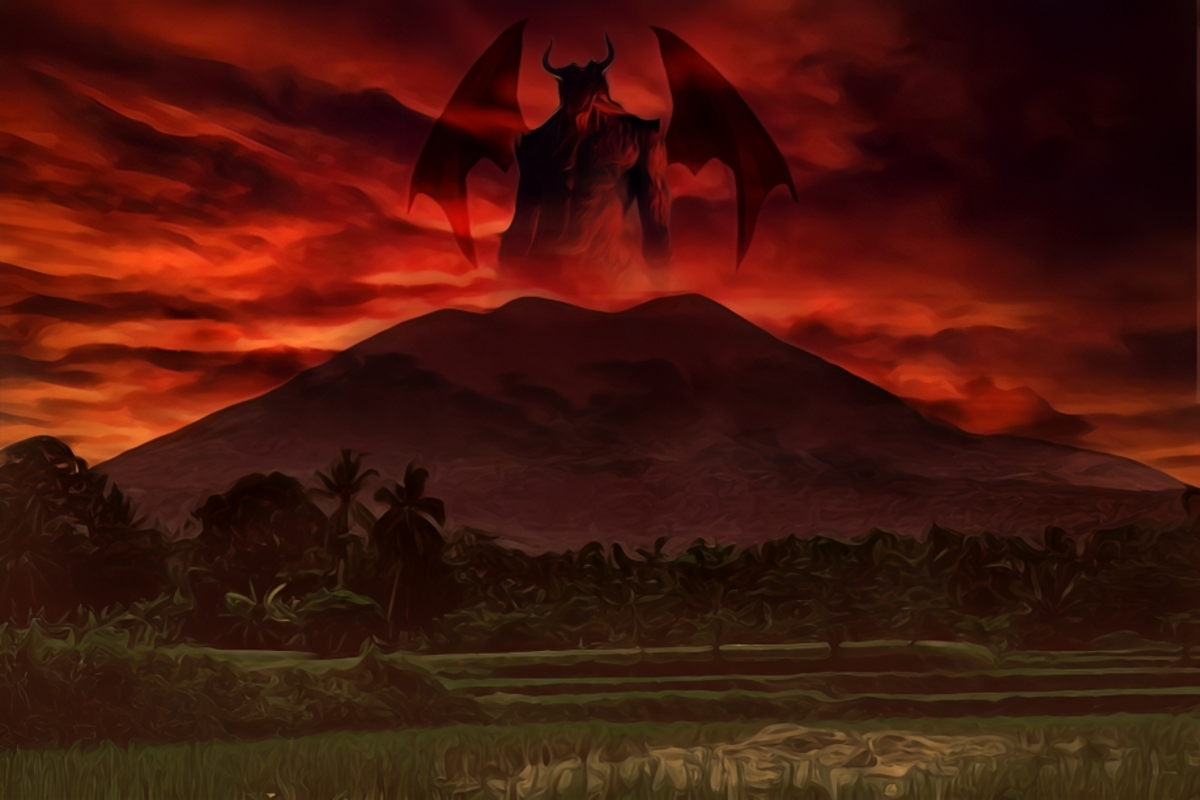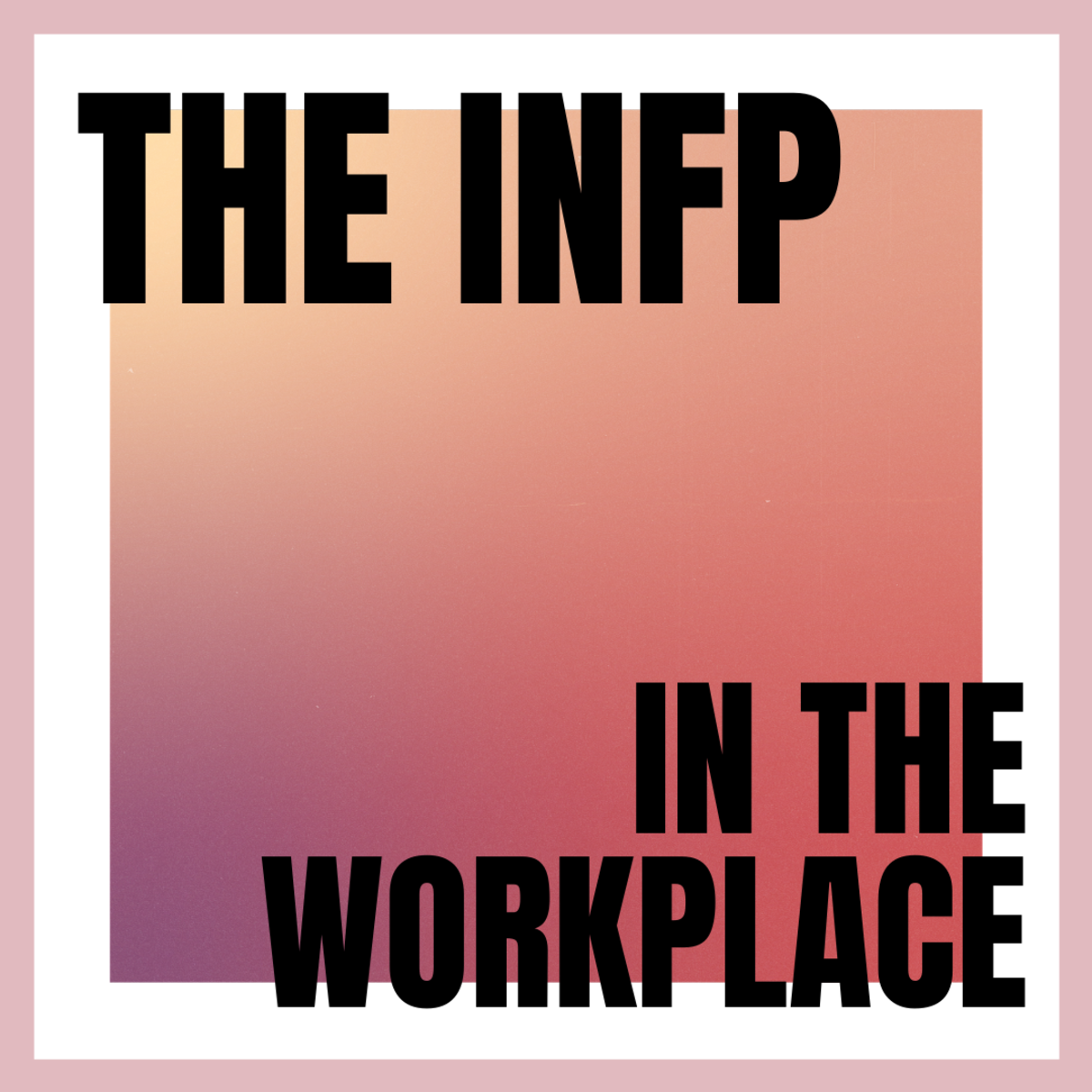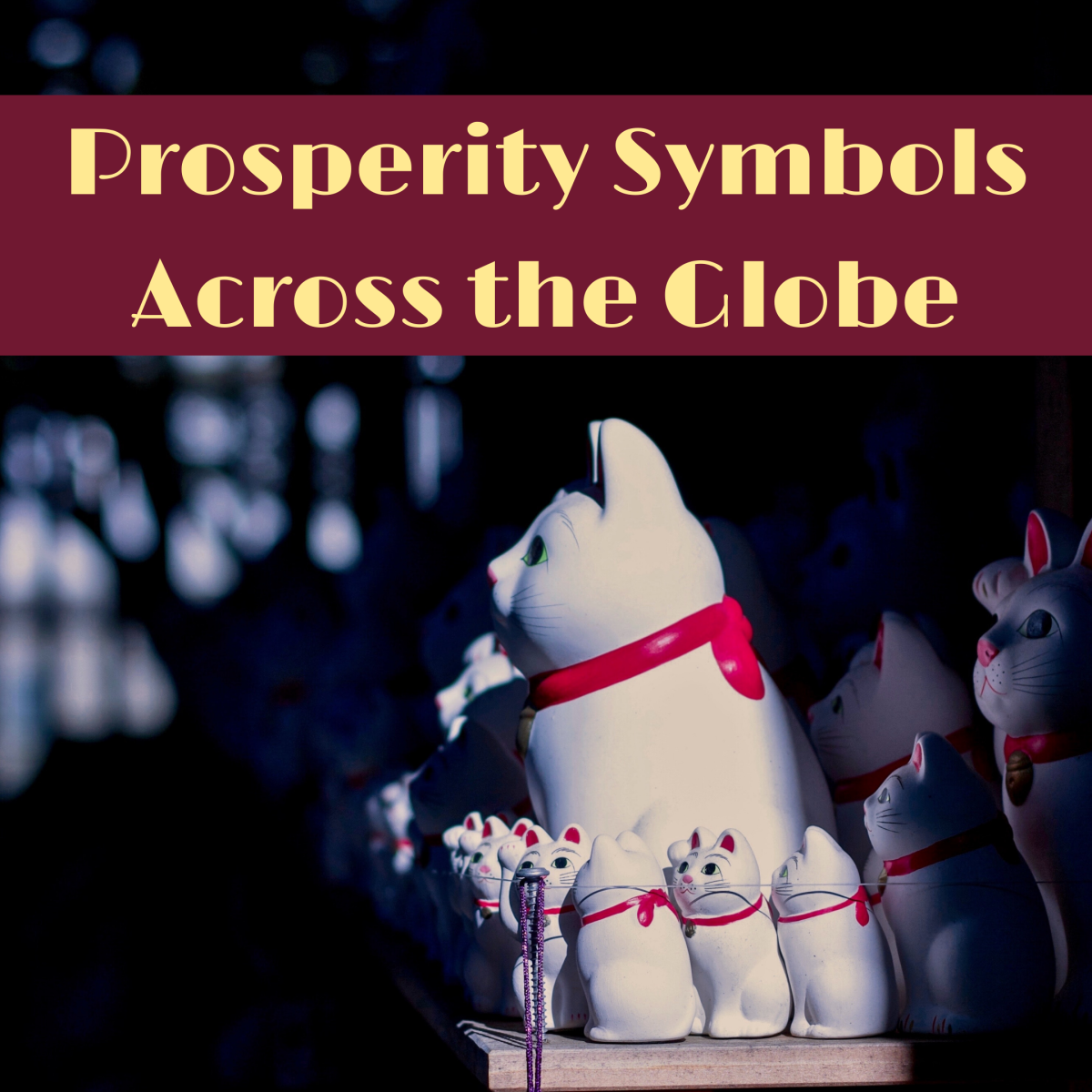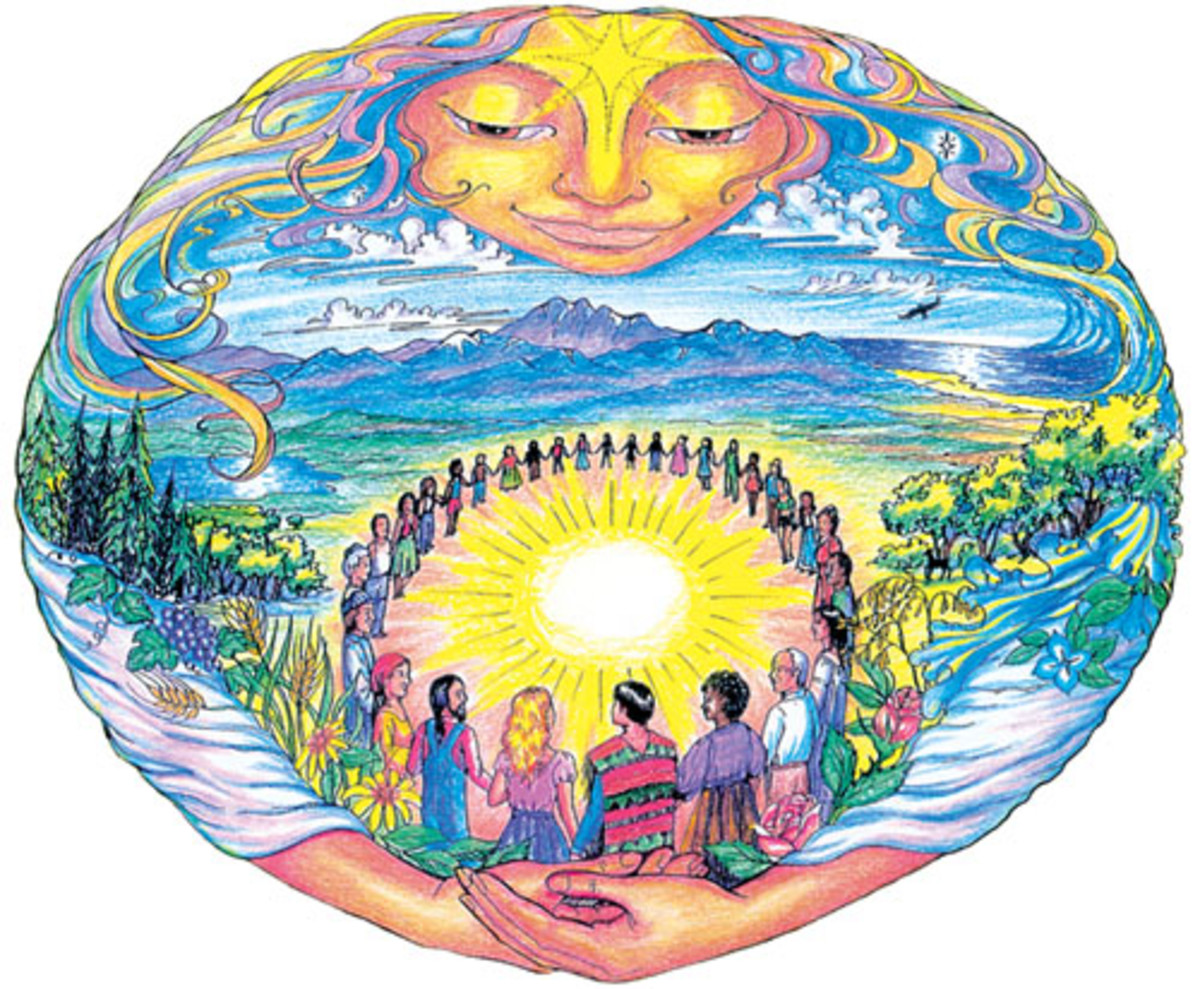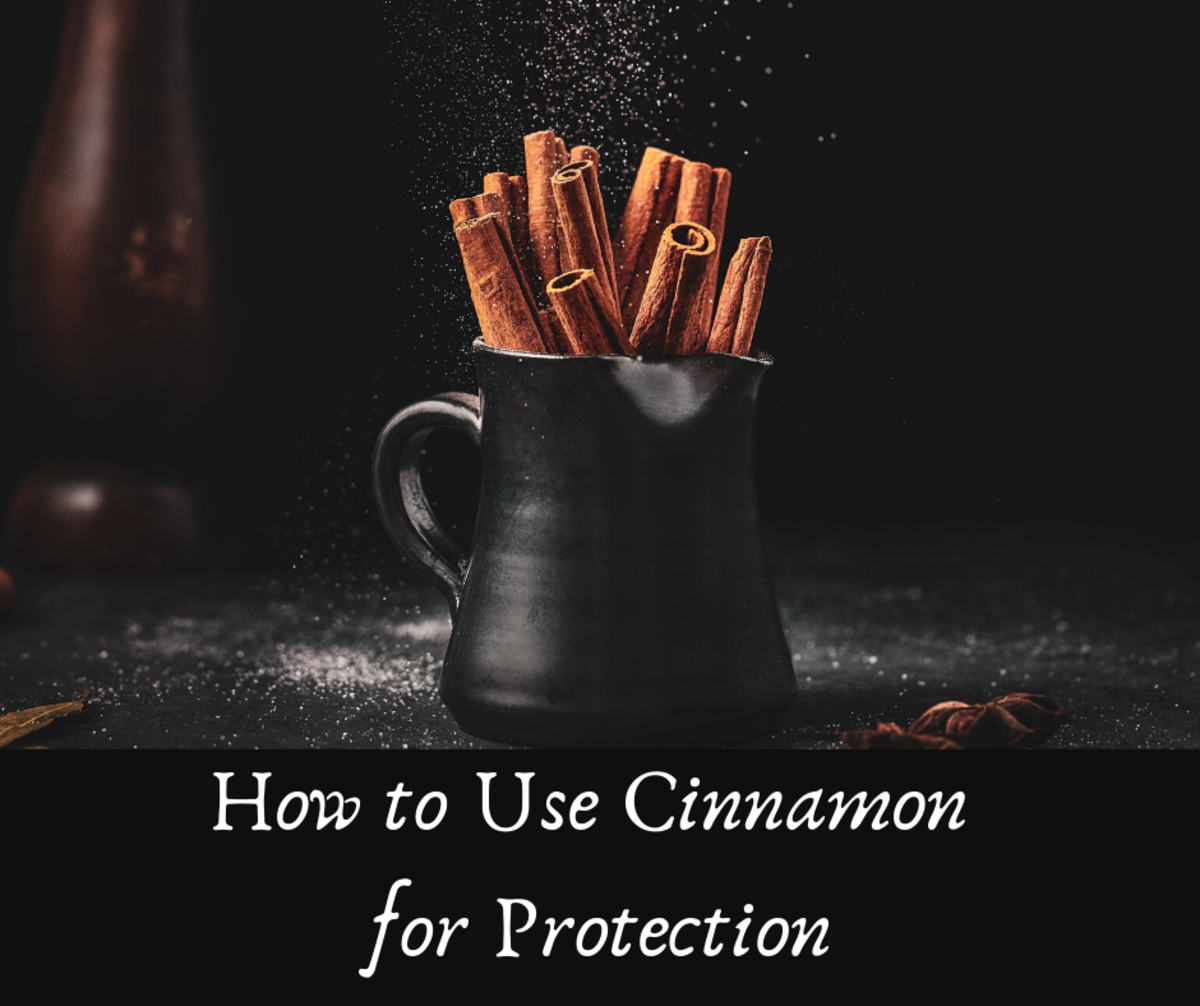Mind Your Steps: The Case of Me-Mine - Dichotomy Versus Harmony
The Me-Mine Case
It was already past two o'clock in the afternoon. For the fifth time, Mrs. Getwell knocked on the bedroom door of her twenty-four-year-old-daughter, Me-mine. There was no answer, but she heard the sound of someone tossing around in the bed and it reassured her that Me-mine was still in her room. Looking out of the window, Mrs. Getwell saw another dreary, wet, cold winter day - the third in a row. Me-mine had not come out of her room for those three days.
It is not unusual for many who live in the temperate regions of the earth to dread the end of summer and the onset of winter. For some, the dread can be very disabling. Winter to them becomes a debilitating and isolating time of the year. Me-mine had lost her job earlier in the year. As winter crept in, her energy had dissipated to the point where she was in a sort of "hibernation". If this were to go on, Me-mine would be considered to be suffering from SAD-Seasonal Affective Disorder- which is a depressive illness that has a seasonal pattern. The symptoms of SAD include slowing down and staying aloof from people.
In Me-mine's case, she was obviously not happy when winter, with its cold, wet and dreary weather, set in. She wanted the world to align itself with her own wishes, but when it went against them she resented it and even shrank from it. The four seasons, each with its own beauty and wonder come and go, following the laws of nature, with no intention either of offending or peasing us. If we take the turning of the world personally, fancying "I" enjoy only the warm and sunny summer days while the cold and dreary winter days make "Me" sick and unhappy, then a whole chain of reactions entailing suffering for ourselves as well as for those around us is sure to occur.
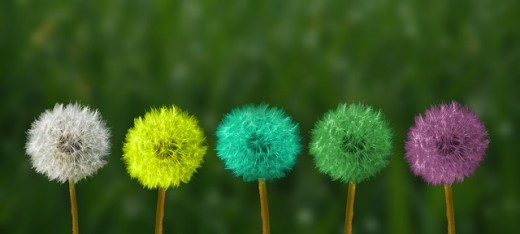
In Me-mine's case, there might have been more than one cause of her suffering, but the root cause, as with all other human sufferings, is the strong clinging to the SELF, to personal likes and dislikes and personal desires. This clinging to the SELF will result in a dichotomy of oneself and the outside world: the "I" vs the "non-I". Obviously, the "non-I" is bigger than the "I". Nevertheless, to one who has not woken up from the sleep of ignorance, it is the "I" that appears bigger.
For Me-mine, the arrival of the cold winter days had widened the dichotomy alarmingly. We view the sensory world as pleasurable or painful, beautiful or ugly; but in reality, it is neutral. If we look at the world from our ego-centric perspective, we get obsessed with such thoughts as "I only want pleasure, I don't want pain. I want only beauty, I don't want ugliness". Such wishful thinking generates not only self-created desires but also self-created fears.
We desire more and more in order to give ourselves a sense of security - both material and emotional security. We want a house which can provide us with all the comforts we want, or we want love and a word of love even though we may not deserve it, in order to make ourselves feel happy and appreciated.
A deluded mind deceives. A clear mind sees the reality...
We are born with a physical body which is subject to aging, illness and death. Even though we may be fortunate enough to be able to stay happy most of the time, we cannot escape from the sufferings of life. But if we take the "downs" of life as a natural process instead of thinking "I am aging", "I am falling sick" and "I am dying", then life is surely worth living.
If we get upset when we see wrinkles and white hair when we look in the mirror or fall into despair when we are diagnosed with cancer, or hold desperately onto our worldly possessions when we are coming to the end of our lives, we are creating additional or even greater suffering for ourselves.
If we understand and accept life with all its limitations and failings, we can embrace the whole of human existence. If we accept "this is the way it is", then we are able to accept the changes from sunny days to rainy days, from health to illness, from birth to death. In this way, there is no greed, no anger, and no delusion. We are able to cope with life as it unfolds.
This clinging to a SELF-image is a state of the mind. Our state of mind is conditioned (but it can be re-conditioned) and directed (but it can also be re-directed). The choice rests entirely with us. Every human being has the ability to direct his or her own mind. The negative thoughts produce unwholesome emotions and reactions, while the positive thoughts enable us to solve problems and promote mental well-being.
How do we re-direct or re-condition our mind towards the positive side of things? Let us examine Buddha Shakyamuni's teaching on Dependent Origination, i.e. the Law of Cause and Effect. This teaching can guide us to look deeper into the true nature of things.
Summary
From birth, we build up a SELF-image for ourselves. The more we cling to this image, the more solid it becomes. It is like building up a hardened husk or shell that stops the seed from germinating. We turn ourselves into those "hard-to-crack- nuts". The result is a dichotomy of ourselves and the external environment and that prevents us from living in harmony with the outside world.
We make ourselves unhappy because the outside world does not go as we desire. Our ever-wanting mind is a self-perpetuating habit and is itself painful. This is the root of our suffering. We may not be able o change things around us, but we are certainly endowed with the ability to change our own mind, to re-condition and re-direct our way of thinking, so as to liberate our mind from the hard shell that we have built for ourselves over the years.
To lead a happier life amongst the many non-satisfactory things in life, we should change our old way of looking at things. We should learn to redirect our mind to lift pains and sufferings off the personal level by acknowledging that "this is suffering, this is the cause of it" (instead of this is MY suffering and someone or something is the cause of MY suffering); and we should exert efforts to bring about: "this is the end of it and this is the way to end it". ( instead of perpetuating a vicious cycle of pains and sufferings).
